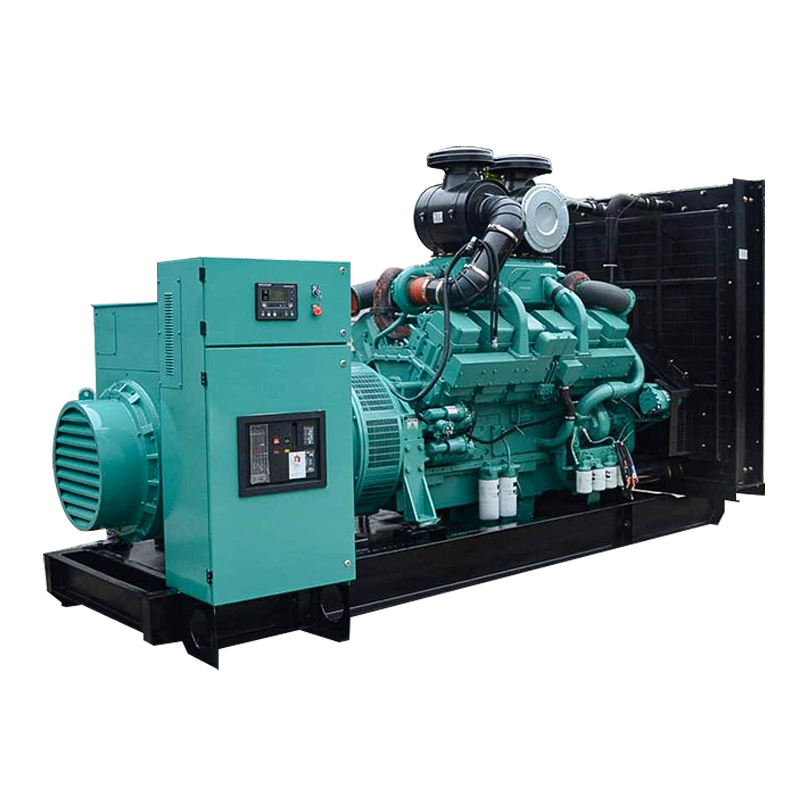The Importance of Overheating Prevention in High-Capacity Generators
Have you ever wondered why overheating prevention is crucial for high-capacity generator sets? In my experience, neglecting this aspect can lead to decreased performance, reduced lifespan, and even complete system failures.
Key Insight: Understanding the Causes of Overheating
To effectively prevent overheating, it's vital to understand its root causes. Factors such as inadequate cooling systems, insufficient airflow, and excessive load can contribute to overheating in high-capacity generators.
Optimizing Cooling Systems for High-Capacity Generators
Interestingly enough, a generator's cooling system plays a significant role in preventing overheating. Radiators, fans, and water pumps are essential components that should be regularly inspected and maintained to ensure optimal performance.
Approach: Implementing Proper Coolant Management
Here's the thing: coolant is a critical aspect of any cooling system. Regularly checking coolant levels, inspecting for leaks, and using the correct coolant mixture can significantly impact your generator's ability to maintain safe operating temperatures.
Ensuring Adequate Airflow for Optimal Cooling
It's worth noting that proper airflow is another critical factor in preventing overheating. Generators require clean, unobstructed air intake to function correctly. Regularly cleaning or replacing air filters and ensuring sufficient ventilation around the generator set can make a world of difference.
Actionable Point: Scheduling Regular Inspections and Cleaning
One practical way to ensure adequate airflow is by scheduling regular inspections and cleaning of your generator set. This simple yet effective practice can help identify and address potential issues before they escalate into significant problems.
Addressing Overloading Issues in High-Capacity Generators
Frankly speaking, overloading is a common cause of overheating in high-capacity generators. It's essential to understand your generator's capacity and avoid running it beyond its limits. Implementing load management strategies and monitoring power usage can help prevent overloading and subsequent overheating.
Pro Tip: Regularly Monitor and Adjust Load Distribution
Many experts agree that regularly monitoring and adjusting load distribution can contribute to a generator's longevity. By evenly distributing the electrical load across phases and minimizing peak demands, you can help reduce the strain on your generator and mitigate the risk of overheating.
Proactive Maintenance Practices for High-Capacity Generators
As it turns out, proactive maintenance practices are crucial in preventing overheating in high-capacity generators. Regular inspections, timely repairs, and preventive maintenance can help identify and address potential issues before they lead to overheating or other complications.
Actionable Point: Developing a Comprehensive Maintenance Plan
To maximize the benefits of proactive maintenance, consider developing a comprehensive maintenance plan tailored to your generator set's specific needs. This plan should include regular inspections, routine tests, and scheduled servicing based on the manufacturer's recommendations.
Conclusion: Prioritizing Overheating Prevention for Long-Term Success
In conclusion, preventing overheating in high-capacity generator sets is crucial for ensuring optimal performance, longevity, and reliability. By focusing on cooling systems, airflow, load management, and proactive maintenance, you can significantly reduce the risk of overheating and enhance your generator's overall functionality.
For more detailed information, please visit our official website: Overheating Prevention





